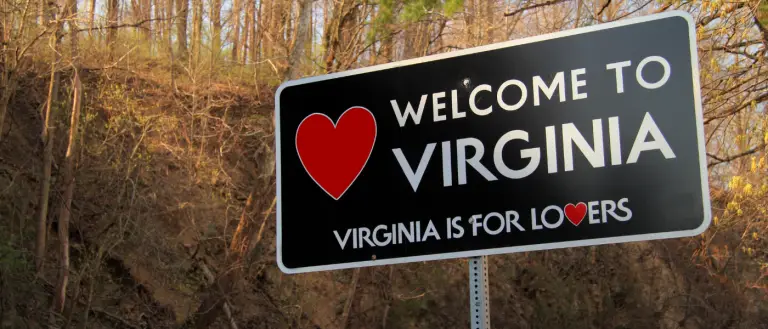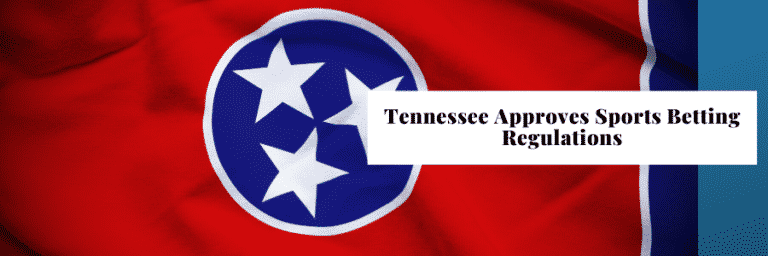Colorado Sports Betting Bill Signed by Governor, Heads to Nov. Ballot

Editors Update: The Colorado sports betting referendum passed and the industry is fully legal and operational.
Voters will have the opportunity to decide on the future of sports betting in Colorado this November. Governor Jared Polis signed HB19-1327 into law on Wednesday to give the bill its final stamp of approval.
With all necessary signatures in place to approve the measure, the following question will appear on the November 2019 general election ballot:
“Shall state taxes be increased by twenty-nine million dollars annually to fund state water projects and commitments and to pay for the regulation of sports betting through licensed casinos by authorizing a tax on sports betting of ten percent of net sports betting proceeds, and to impose the tax on persons license to conduct sports betting operations?”
The measure will be called Proposition DD.
Majority Leader Alec Garnett sponsored the bill and said this in a press release:
“Coloradans should have the option of betting on the Nuggets or the Broncos. This new funding will go toward protecting our precious water and we believe this is something everyone can support. I also hope this measure will help stamp out black market sports betting and thank my colleagues on both sides of the aisle for their support.”
About the Colorado Sports Betting Bill
Lawmakers introduced HB19-1327 in April to initiate a two-part process moving towards legal CO sports betting. Fist, the bill had to make it through the legislative process just like any other piece of legislation. The House approve the bill last month, the Senate approved the bill this month and the governor signed it this week.
The governor’s decision to sign the bill has begun the second part of the process: voters must now choose whether or not to allow regulated sports betting in Colorado. If a majority of voters approve the measure, the bill become the law of the land. If a majority of voters disapprove, the entire effort dies.
Some lawmakers have hinted they could just write up a bill skipping the entire ballot measure process if this one is shot down, but that would be a politically dangerous move in the wake of such a vote – not to mention legally questionable. Thus, the future of legal sports betting in Colorado over the near term lies entirely in the hands of the people.
What Happens if Voters Approve Sports Betting in CO
The bill the governor has just signed will become law if a majority of voters voice their approval this November. In that case, the bill calls upon the Limited Gaming Control Commission (LGCC) to extend its existing authority over other forms of gambling to include legal sports wagering.
The law will formally legalize retail sportsbooks as well as online/mobile sports betting. Each of Colorado’s casinos may apply for a “master license” under the law. A master license will allow casinos to operate their own betting operations or contract with third party vendors for assistance in running in-person and mobile sportsbooks.
This means the Colorado market will be open to major gaming brands such as DraftKings, Rush Street Gaming, FanDuel and others as long as each can find a local casino willing to take them on as sports betting partners.
Key points from the bill:
- 10% tax rate
- Each casino needs a master license to offer sports betting
- A master license allows casinos to offer in-person and online betting
- LGCC to determine licensing and renewal fees based on costs of processing licenses
- Licensing fee is not to exceed $125,000
- Licenses are good for two years
- Each casino may only operate up to one individually-branded mobile betting site
- Casinos may partner with experience betting operators to run their in-person and online sportsbooks
- LGCC will consider sports betting licensing applications and regulate the sports betting industry
- LGCC has the authority to adopt additional rules and regulations as needed to execute the new sports betting law
- Professional, college, and amateur sports betting allowed
- Prop bets on college games prohibited
- Also prohibited: “A video game that is not sanctioned by a sports governing body as an electronic competition”
- Sports leagues may petition the LGCC to restrict certain types of wagers on individual players – i.e. MLB may ask the Commission to prohibit wagers on which pitch the pitcher will throw next






